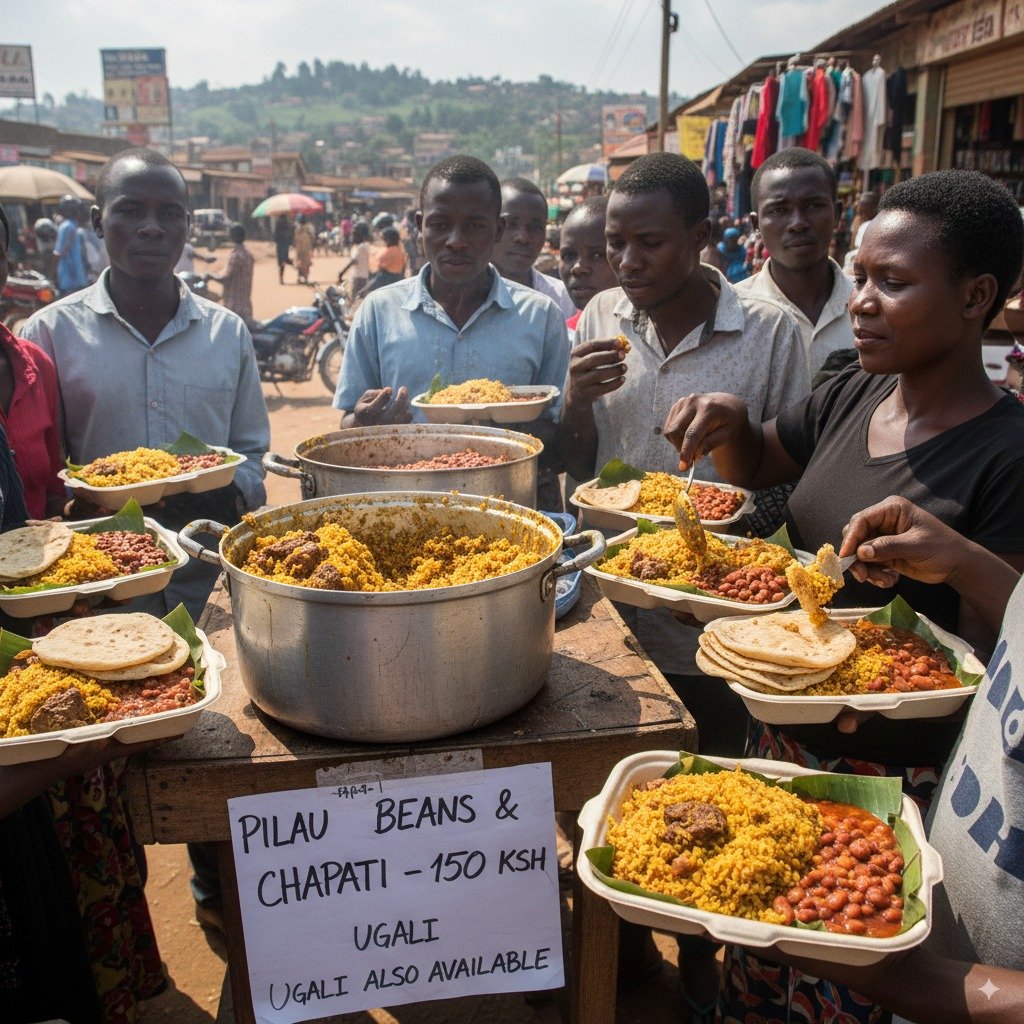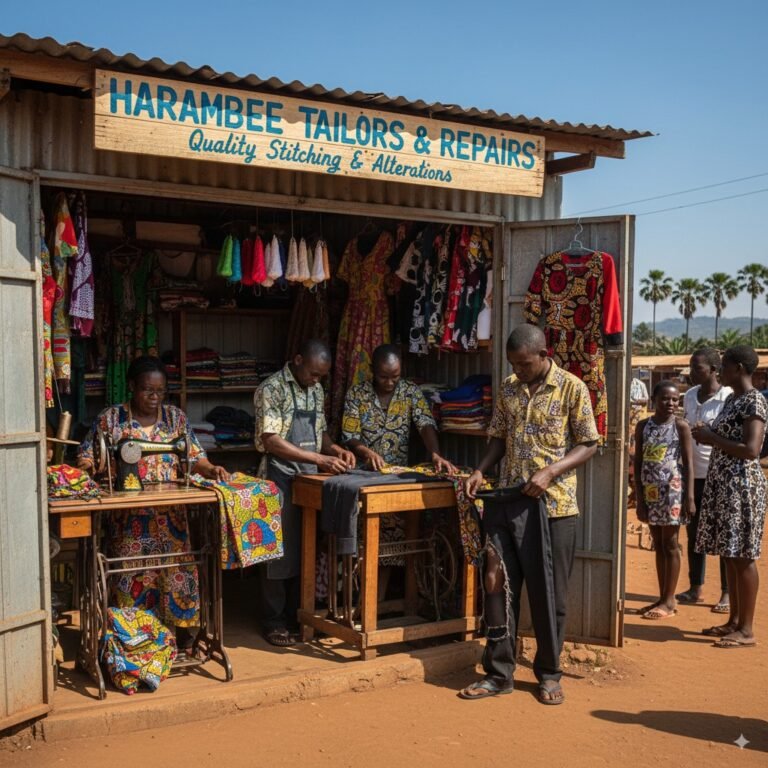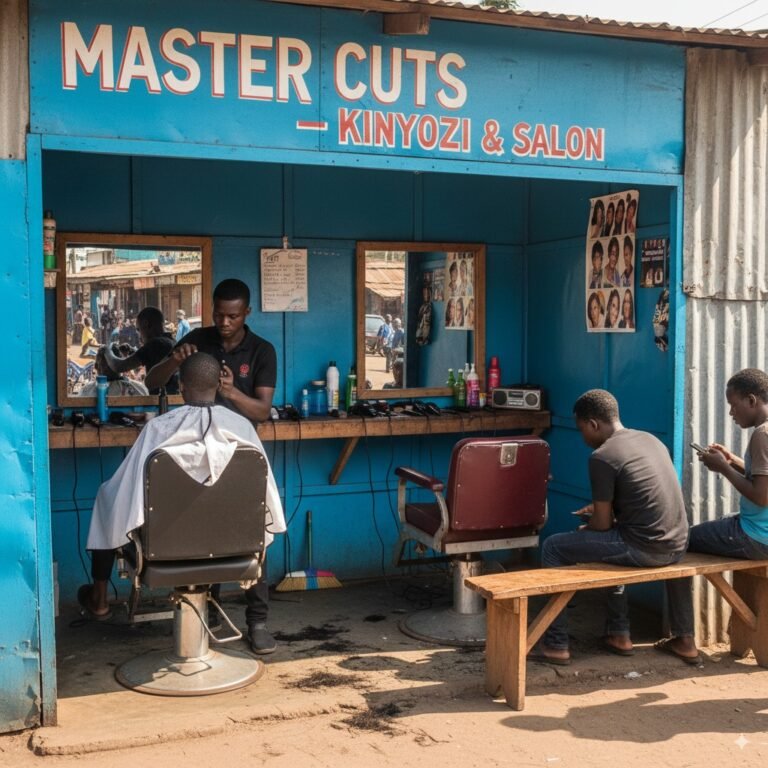How to Start a Packed Pilau, Beans & Chapati Lunch Business in Kenya
Introduction
The packed lunch business in Kenya is one of the most practical and profitable food hustles. Many office workers, students, and casual laborers prefer affordable, tasty home-style meals instead of expensive hotels. Popular dishes like pilau, beans, and chapati are loved across Kenya and can be prepared from home or a small kibanda, then packaged neatly for delivery. With low startup costs and high daily demand, this is a reliable hustle that guarantees steady income.
Startup Costs 💰
The costs are flexible depending on your scale.
- Capital Needed: KES 8,000 – 18,000
- Key Expenses:
- Ingredients (rice, beans, flour, onions, tomatoes, spices, oil) — KES 3,000 – 6,000
- Cooking equipment (sufurias, pans, gas/charcoal stove) — KES 3,000 – 5,000
- Packaging containers (disposable boxes, foil, paper bags) — KES 1,000 – 3,000
- Transport (delivery bags, fare, boda boda costs) — KES 1,000 – 2,000
- Branding/marketing — KES 500 – 1,000
💡 Tip: Start by cooking from home and delivering to nearby offices or schools to save on rent.
Why This Business Works ✅
- High Daily Demand: Workers and students need affordable lunch daily.
- Low Startup Capital: Can begin with less than KES 10,000.
- Repeat Customers: Clients order daily if food is tasty and consistent.
- Flexible Setup: Operate from home, a kibanda, or even a cloud kitchen.
- Scalable: Expand into full catering or a restaurant.
Step-by-Step Setup 🛠️
1. Choose Your Menu
Focus on popular meals:
- Pilau (beef, chicken, or vegetable).
- Beans & chapati combo.
- Ugali, sukuma wiki, or ndengu as extras.
2. Buy Ingredients in Bulk
Purchase rice, flour, beans, and spices from wholesalers to cut costs.
3. Cook & Package Neatly
- Prepare meals early in the morning.
- Use disposable food boxes, foil wraps, or eco-friendly containers.
4. Find Customers
- Offices and businesses in town.
- Schools and colleges.
- Construction sites and casual workers.
5. Deliver On Time
- Partner with boda bodas for delivery.
- Create a WhatsApp group for orders.
Profit Breakdown 📊
Example:
- Cost to prepare pilau for 20 portions = ~KES 1,500.
- Sell each portion at KES 150.
- Revenue = KES 3,000.
- Profit = KES 1,500 per day.
Beans & chapati:
- Cost to prepare 20 portions = ~KES 1,000.
- Sell each at KES 120.
- Revenue = KES 2,400.
- Profit = KES 1,400 per day.
👉 Serving 40–60 customers daily = KES 3,000 – 5,000 daily profit.
👉 Monthly = KES 60,000 – 100,000+.
Challenges & How to Overcome Them ⚠️
- Competition: Many people sell packed lunches in towns.
- Solution: Stand out with tasty food, neat packaging, and timely delivery.
- Transport Costs: Delivery may eat into profits.
- Solution: Charge small delivery fees or focus on nearby customers.
- Health & Hygiene: Food poisoning can destroy your reputation.
- Solution: Maintain high hygiene standards and use fresh ingredients.
- Cash Flow Issues: Customers may want to pay later.
- Solution: Insist on cash-on-delivery for small orders.
Tips to Grow 🚀
- Create daily menus (e.g., pilau on Friday, beans & chapati midweek).
- Introduce loyalty offers (buy 5 lunches, get 1 free).
- Add drinks (juice, soda, water) for extra income.
- Partner with offices for bulk deliveries.
- Brand your business with a name like “Delish Packed Meals Kenya.”
Frequently Asked Questions (FAQ) ❓
Q: How much capital do I need to start a packed lunch business in Kenya?
A: With KES 8,000 – 18,000, you can buy ingredients, packaging, and equipment to begin.
Q: How profitable is the packed pilau, beans & chapati business?
A: Daily profits range from KES 1,500 – 3,000, with monthly income hitting KES 60,000 – 100,000+.
Q: Where can I find customers?
A: Offices, schools, construction sites, and casual workers in towns and estates.
Q: Do I need a license?
A: For small-scale sales, not immediately, but as you expand, consider getting a food handler’s license.
Conclusion
The packed pilau, beans, and chapati lunch business in Kenya is a highly profitable and practical hustle that meets daily food demand. With KES 8,000 – 18,000, you can cook from home, package meals neatly, and supply offices, schools, and workers for daily cash flow. By focusing on quality, affordability, and reliable delivery, you can grow into a trusted catering or restaurant brand.
👉 Explore more hustler-friendly opportunities in the Business Ideas Hub — with over 50+ small businesses you can start today.







